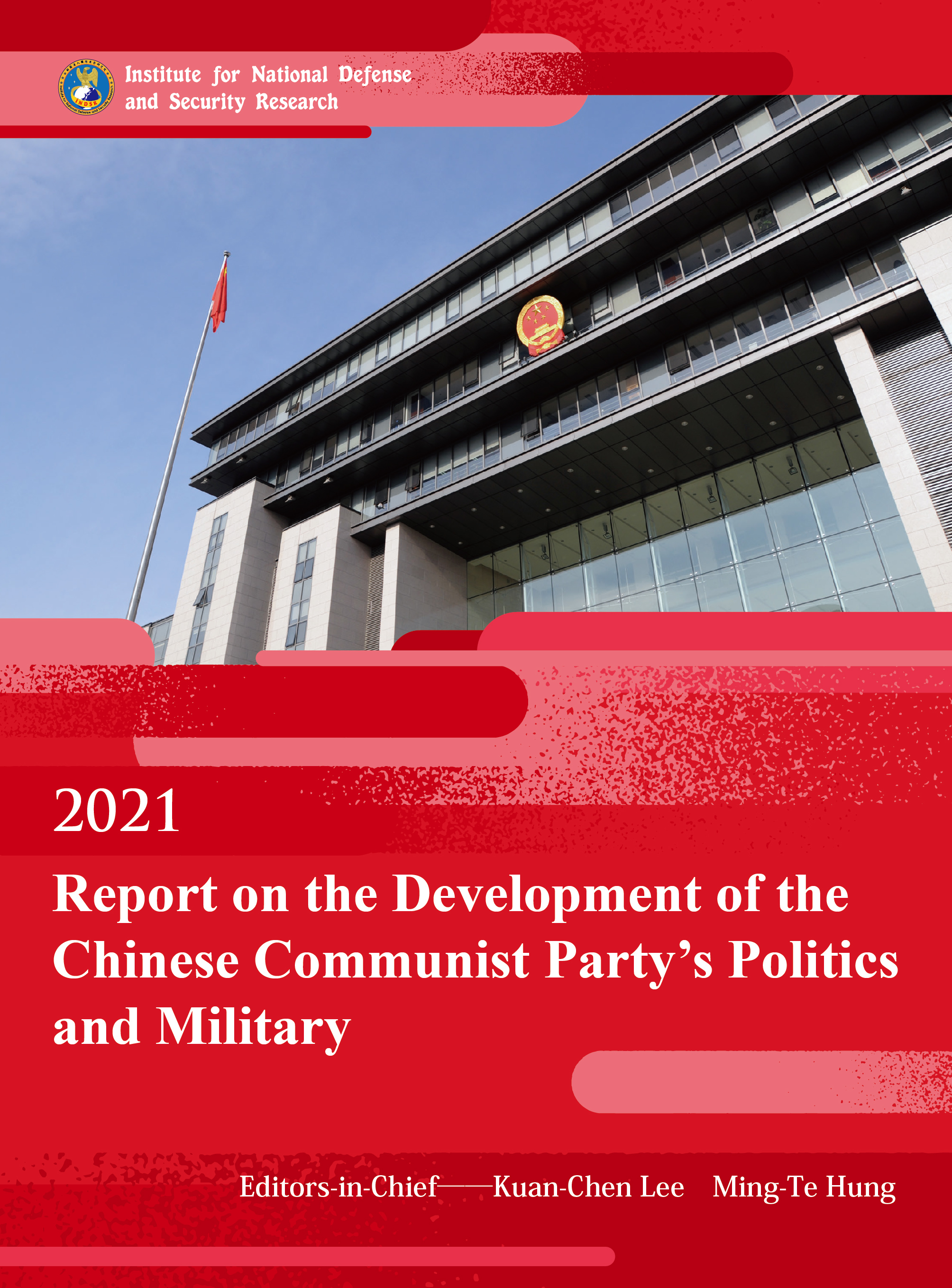Chapter 4 Risks and Controversies Surrounding China’s Belt and Road (BRI)
2022.06.07
Views
568
Introduction
China is willing to work with all parties to build a closer “Belt and Road Initiative” partnership, adhere to the path of solidarity and cooperation, interconnection and common development, and jointly promote the construction of a human community of shared future. (Xi Jinping, Asia and Pacific High-level Conference on Belt and Road Initiative)[1] The epidemic has profoundly changed the world, but the demands for the Belt and Road Initiative by all parties remain unchanged, and China’s determination to promote international cooperation under the Belt and Road Initiative remains unchanged. (Wang Yi speaking at a press conference of the National People’s Congress (NPC))[2]
It has been more than eight years since Xi Jinping announced the “Silk Road Economic Belt” in September 2013 in the Central Asian country of Kazakhstan and the 21st-century Maritime Silk Road in his speech in the Southeast Asian country of Indonesia in October 2013, the so-called “Belt and Road Initiative (hereinafter called BRI)” of large-scale political and economic planning projects. In October 2017, the CPC even included the Belt and Road Initiative in the Constitution of the Chinese Communist Party and the Constitution of the People’s Republic of China, elevating it to a higher level and turning the vision advocated by Xi Jinping into a goal that will be difficult for China to revoke in the future.
However, since the global outbreak of COVID-19 in 2020, it is inevitable that the promotion of the Belt and Road Initiative has also been affected, with restrictions on the transportation of engineering staff, disruption of the supply of raw materials from the China, and the imperative concentration of resources on epidemic prevention within the BRI recipient countries. Wang Xiaolong, Director of the Department of International Economic Affairs at China’s Ministry of Foreign Affairs of the People’s Republic of China, admitted last June that about 20 percent of Belt and Road Initiative projects have been severely affected by the epidemic, while 30 to 40 percent have been affected to some extent.[3]
However, the Chinese government has continued to promote the project. In June 2021, at the “Asia and Pacific High-level Conference on Belt and Road Initiative”, Xi Jinping announced that over the past eight years China had signed BRI cooperation agreements with 140 countries around the world, and insisted that the BRI would provide more “market opportunities, investment opportunities, and growth opportunities” for countries along the route.[4] According to Chu Shijia, Director of the Comprehensive Department, Ministry of Commerce, at the end of January 2021, the CPC has signed 205 BRI cooperation documents had been sighed with 171 countries and international organizations.[5]
However, in addition to the economic and development benefits claimed by the CPC government, the process of promoting the BRI has continued to create debt traps, loss of national sovereignty, environmental damage, and social disorder in the countries concerned, and has been widely criticized by the international community as irresponsible, suspecting China’s real intention behind the BRI is no win-win situation for China and BRI recipient countries as claimed.
Since the United States and other major European countries such as the United Kingdom, Germany and France have shifted their foreign policy focus to the Indo- Pacific region and formulated related strategies, and even launched policies with implications of countering the BRI, this article aims to provide a brief overview and analysis of China’s promotion of BRI in the Indo-Pacific in the past year.
[1]“Xi Jinping Delivers a Written Speech at the Asia and Pacific High-level Conference on Belt and Road Initiative,” Xinhua Net, June 23, 2021, http://www.xinhuanet.com/politics/leaders/2021-06/23/c_1127592047.htm.
[2]“State Councilor and Foreign Minister Wang Yi Answers Questions from Chinese and Foreign Journalists on China’s Foreign Policy and Foreign Relations,” Ministry of Foreign Affairs of the People’s Republic of China, March 7, 2021, https://www.fmprc.gov.cn/web/wjbzhd/t1859110.shtml.
[3]Bao Rong, “The COVID-19 outbreak Hits Belt and Road Initiative (BRI) Hard, but Xi Jinping will Still Insist on Implementing it,” Voice of America, December 25, 2020, https://www.voachinese.com/a/one-belt-one- road-20201224/5712402.html.
[4]“Xi Jinping Delivers a Written Speech at the Asia and Pacific High-level Conference on Belt and Road Initiative,” Xinhua Net, June 23, 2021, http://www.xinhuanet.com/politics/leaders/2021-06/23/c_1127592047.htm.
[5]“China Has Signed 205 BRI Cooperation Documents,” Belt and Road Portal, January 30, 2021, https://www. yidaiyilu.gov.cn/xwzx/gnxw/163241.htm.


